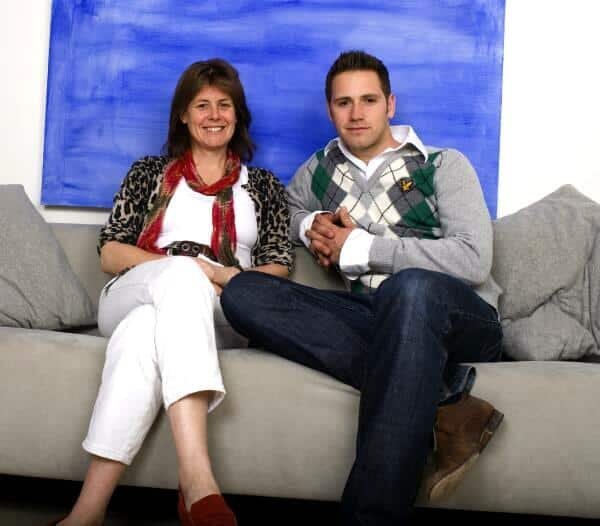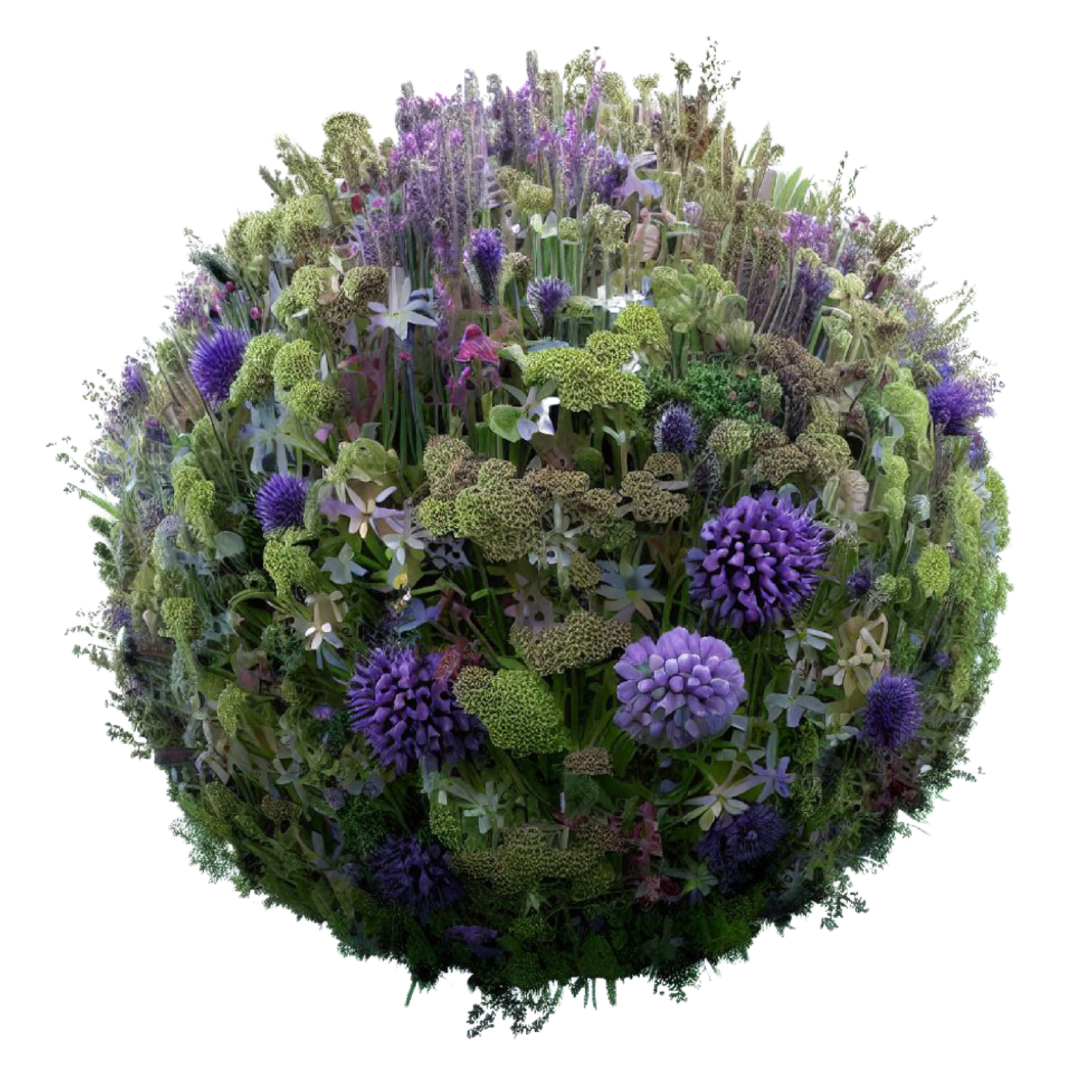 One of three interviews I did for the Gay Times – Kristin Digby . See also Peter Tatchell and Paul O-Grady
One of three interviews I did for the Gay Times – Kristin Digby . See also Peter Tatchell and Paul O-Grady
“I don’t even know how to read a f***ing fuel bill”, Kristian admitted when I asked him to tell me how much electricity and gas he was using. I arrived at his house somewhere in the midst of Stratford and managed to make him feel pretty uncomfortable by counting the light bulbs in his kitchen – there are 28.
Kristian may not be familiar with his bills but he did keep them in an orderly file. What they revealed was that despite the kitchen overload, his electricity and gas bills were not hugely excessive. The main redeeming feature was that Kristian shares his house with four other flat-mates – he rents out rooms. This means that the fuel used per head is relatively small.
Another plus point was that the TVs in the house had small screens and weren’t sitting on stand by. In fact only one of the flat-mates had failed to switch his equipment off. I’m afraid that doesn’t let Kristian off the hook. For a start, I could only find one lonely looking energy efficient light bulb – it was in the hall. And it transpired that electricity and gas were included in the rent paid by his flat-mates, which means they have no incentive to make any savings. I suspect they’re not so great at turning lights off.
Worryingly, the benefits of having numerous flat mates are soon to be lost. Kristian is building a new house on land adjoining his current home. Although it will have more eco-features, the new building is being designed for him alone. Even worse, Kristian is buying a second home in France, albeit one that he can travel to by train.
Kristian thought he’d score some eco-brownie points for having a dual flush lavatory. He didn’t. There was hardly any difference between the low flush and full flush buttons in terms of how much water was used. And the best water-saving devices only work with loos that have flush handles.
Although the fridge was well-stocked with junk food, it transpired that none of it belonged to Kristian – he’d been away for 5 weeks before my visit. When I asked him about his eating habits he said he almost never ate at home. “So what did you eat for breakfast?’” I challenged. But I didn’t catch him out – the answer was “nothing”. And he’d been out the night before.
On his rare visits to the supermarket, Kristian says he buys fair trade bananas and coffee, as well as organic food. “Anything that’s not organic freaks me out”. And after my visit he promised he’d start buying recycled loo paper too! Not so good though is that Kristian regularly buys cut flowers. They’re bad on three counts – lots of pesticides, lots of energy to produce and transport them and lots of packaging. Why not get dried flowers, silk ones or even a piece of art, I suggested?
One unusual feature of Kristian’s house is that it’s still visited by a traditional rag-and-bone man, with a cart and a bell to let you know he’s around. Kristian had two old bikes ready to pass on. But he said his council were ‘rubbish at recycling because it’s confusing what they will take’. I’m afraid that’s quite normal – recycling systems vary all over the country, which means everyone has to set up a different routine.
Apart from sharing his house, Kristian’s biggest plus point was not owning a car. He says that he walks a lot or takes public transport – even favouring the train when the TV company offers a car. Not so good is that when he’s on location he apparently gets through large quantities of bottled water. Apart from all the packaging waste, lots of energy is used trucking water around the planet, when we can get good quality stuff straight from the tap.

Top 5 tips for Kristian
- Change all your light bulbs to energy-efficient ones.
- Sign up to Juice – or another ‘green’ electricity supplier.
- Take a water bottle on location and drink tap water.
- Replace your cut flowers with dried ones or a piece of art.
- Get some more flat mates in your new house!
| GOOD GREEN | BAD GREEN |
| – Shares house with 4 others
– Doesn’t own a car – Walks and takes public transport – Buys fair trade and organic produce – Checks country of origin and tries to buy English – Hot water is heated as it’s needed – Doesn’t over-heat the house – Good insulation in new house |
– About to move into house on his own
– Buys cut flowers once a month – Drinks masses of bottled water when on location – Buying second home in France – Doesn’t check fuel bills – Only one energy saving bulb in the house – No water saving devices – No incentives for flat mates to save electricty – Has a fake coal fire, which is extremely inefficient – No curtains in any of the rooms – Never challenges restaurants on their food sourcing e.g. sustainable fish species – Buys masses of shirts and jackets |


